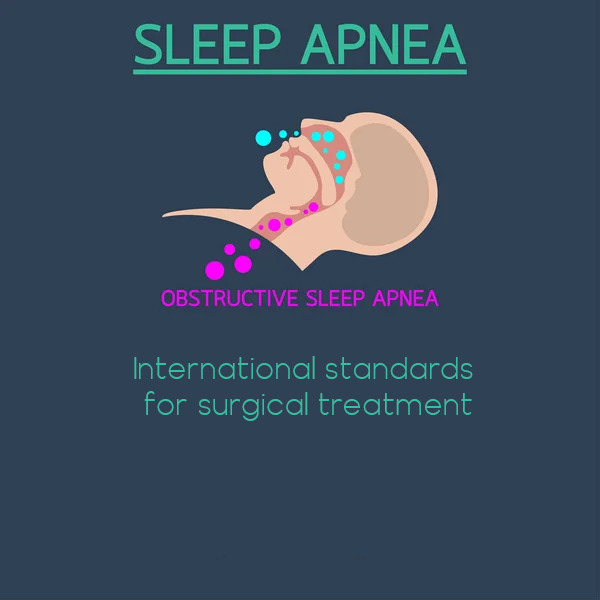There are differences between institutions and countries regarding assessment and management of health problems and illnesses. It is extremely important to explore and establish a consensus among the experts, in order to set standards and guide the practitioners all over the world. There was a recent publication in this direction, including one of the prominent faculty of Medical University of Bialystok, prof Dr. Ewa Olszewska, Otolaryngologist and head of Sleep Surgery Center in Department of Otolaryngology. This work was focused on obstructive sleep apnea (OSA), its surgical management, particularly on assessment and management of surgical failures.
Upper airway (UA) surgery is commonly employed in the treatment of patients with OSA. The intricate pathophysiology of OSA, variability in sites and patterns of UA collapse, and the interaction between anatomical and non-anatomical factors in individual patients may contribute to possible surgical failures. The recently published (https://doi.org/10.1007/s11325-024-03162-6) clinical consensus statement work aimed to identify areas of agreement among a development group comprising international experts in OSA surgery, regarding the appropriate definition, predictive factors in patients, and management of surgical failure in OSA treatment.
A clinical consensus statement (CCS) was developed using the Delphi method by a panel of 35 contributors from various countries. A systematic literature review adhering to PRISMA guidelines was conducted. A survey consisting of 60 statements was then formulated and presented to the experts.
Following two rounds of the Delphi process, consensus or strong consensus was achieved on 36 items, while 24 items remained without consensus. Specifically, 5 out of 10 statements reached consensus regarding on the 'Definition of Surgical Success/Failure after OSA Surgery'. Regarding the 'Predictive Factors of Surgical Failure in OSA Surgery', consensus was reached on 10 out of 13 statements. In the context of the 'Diagnostic Workup in OSA Surgery', consensus was achieved on 9 out of 13 statements. Lastly, in 'Treatment in Surgical Failure Cases', consensus was reached on 12 out of 24 statements.
The management of OSA after surgical failure presents a significant clinical challenge for sleep specialists. This CCS provides valuable guidance for defining, preventing, and addressing surgical failures in the treatment of OSA syndrome.




